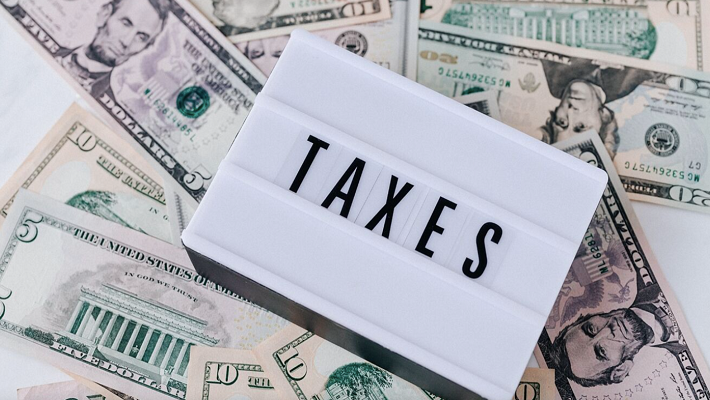
Capitalism is the brainchild of the Western world. It is an economic system which rewards individuals for their efforts. An individual can go from dirt poor to ultra-rich in a single generation. This was impossible in the times of aristocracy where professions and wealth were concentrated in the hands of a few families and various laws prohibited people from taking up different professions in some places. Communism was a wonderful idea on paper which made people equal in terms of economic status. But historically every communist state was intoxicated with power and the people lived in purgatory. The reasons for this are many and debatable whether it was due to communism or other overlooked factors.
Fast forward to the present day, due to a long string of events too long to be written down, Economic inequality is at an all-time high. The top <1% hold more than 60% of the world’s wealth and this has made the masses furious. Various parts of the world have suffering people from lack of food, people going homeless from being unable to afford rent or housing and poor people are present at every fathomable place. While simultaneously the rich are getting richer and the poor are getting poorer. This raises questions on morality and the nature of the capitalist system.
A Contentious Issue
The above wealth inequality sought to be remedied by simply taxing the high net-worth individuals. The idea of taxing the ultra-wealthy individuals goes as far back as a century ago. It is believed by the masses that a large tax on the wealthy will curb income inequality and give the government more tax revenue. If this statement is analyzed, it sets up the image that success in society is rewarded with a penalty. It is common to see statements such as “I worked hard to earn this money from nothing and now I have to give away xx% of it?”, “No one helped me when I started out my business and now that I have succeeded all of a sudden people want my money when they wasted their life away?” It is unfair when success is penalized and no one likes it irrespective of economic stature. There is already a Darwinian response for the masses hating on the successful for they don’t have.
Anecdotes of Failure
The idea of taxing the rich at absurd percentages would not work in a globally connected world. If a nation is taxing high rates on the rich, those said rich people would just go to another nation where the tax rates are low. This again is an example of a Darwinian response. Francois Hollande imposed a “supertax” of 75% for income earners of more than EUR 1M. This was speculated to help the country become wealthier, but over the course of this period, a lot of high-profile individuals like Bernard Arnault (Founder of LVMH Luxury brand) abandoned his French citizenship. This led to a mass exodus of wealthy individuals. This policy openly painted the country as anti-business thus driving away the investors and entrepreneurs.
Football club owners were furious that they couldn’t attract world-class players to their clubs and French footballers threatened a strike.
The argument still stands that having high tax rates will discourage wealthy individuals from setting up businesses which will create jobs. Higher taxes by default leaves less disposable income and they are less likely to invest when they have less money.
Money Buys The Finest
The wealthy already have the finest lawyers and they can easily lobby for regulations (and they already have lobbied) with the policymakers to counter their policies. Given the complexity of the law, there are plenty of loopholes deliberate or not which aid the already wealthy to take advantage of.
Grey Area
There are also countless arguments as to why taxing the rich can work. There are studies which prove higher levels of income inequality will hinder national progress and a high tax rate can stimulate the economy to grow. And in the long run, it is actually beneficial for the economy.
This is a sensitive topic which is in bed with controversies, has its own pros and cons and should be carried out with careful consideration. Ultimately in a democratic society, it boils down to the political and economic context and should not be carried out carelessly. Taxes from the wealthy are not a solution for all the troubles the masses are having.







